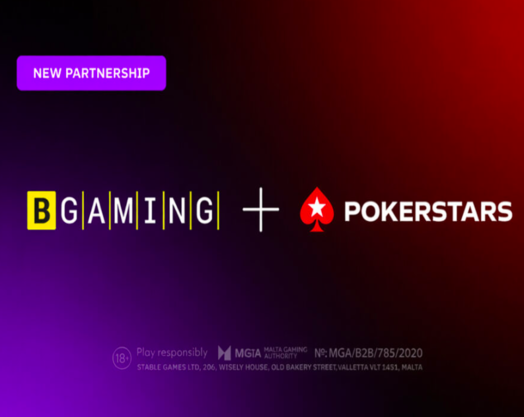Maine Tribal Online Casino Bill
The future of online casino gambling in Maine remains unresolved after Governor Janet Mills declined to take action on a bill that would grant exclusive digital gaming rights to the state’s four federally recognized tribes. The legislation, LD 1164, passed both chambers of the Legislature in June but now awaits further consideration in 2026.
Rather than sign or veto the measure, Mills let the session expire without a decision. Under Maine law, that means the bill will carry over until lawmakers return in January. At that point, the governor will have three days to sign the bill, veto it, or again do nothing — in which case the bill would become law by default.
The proposal notably excludes Maine’s two existing brick-and-mortar casinos — Hollywood Casino in Bangor and Oxford Casino in Oxford — from participating in the online market. That carve-out has sparked debate over fairness and competition in the state's gambling industry.
Governor’s Hesitation Aligns with Past Stance
Governor Mills’ decision not to act on the bill is consistent with her prior reluctance to expand gambling in the state. Her administration opposed LD 1164 during legislative hearings, and Mills previously vetoed a sports betting bill in 2020. That veto was later overridden by the Senate, and sports betting eventually launched in Maine, with the state’s tribes also granted exclusive rights.
Observers say the governor’s move to delay is a calculated one. It allows her to avoid an immediate political confrontation while leaving the door open for further negotiation or modification of the bill in 2026.
Steve Silver, chair of the Maine Gambling Control Board, was skeptical in June about the bill's prospects.
“I think it’d be a safe bet to say I don’t see her readily signing it,” Silver told Casino Reports. “And if she vetoes it, I find it extremely unlikely that there are enough votes to override the veto.”
I think it’d be a safe bet to say I don’t see her readily signing it. And if she vetoes it, I find it extremely unlikely that there are enough votes to override the veto.
The Future
Supporters of the bill, particularly among tribal leaders and advocates for Indigenous sovereignty, have framed the legislation as part of a broader effort to expand economic opportunities for the Wabanaki Nations. They argue that giving tribes control over online gaming would provide stable revenue streams and promote greater self-determination.
The delay, however, leaves those plans on hold. It also raises questions about how much leverage tribal nations will have when the Legislature returns — and whether the political dynamics will shift in their favor. For now, the bill’s fate remains uncertain. Lawmakers and stakeholders on both sides are expected to spend the coming months lobbying and preparing for what could be a high-stakes debate in 2026.








